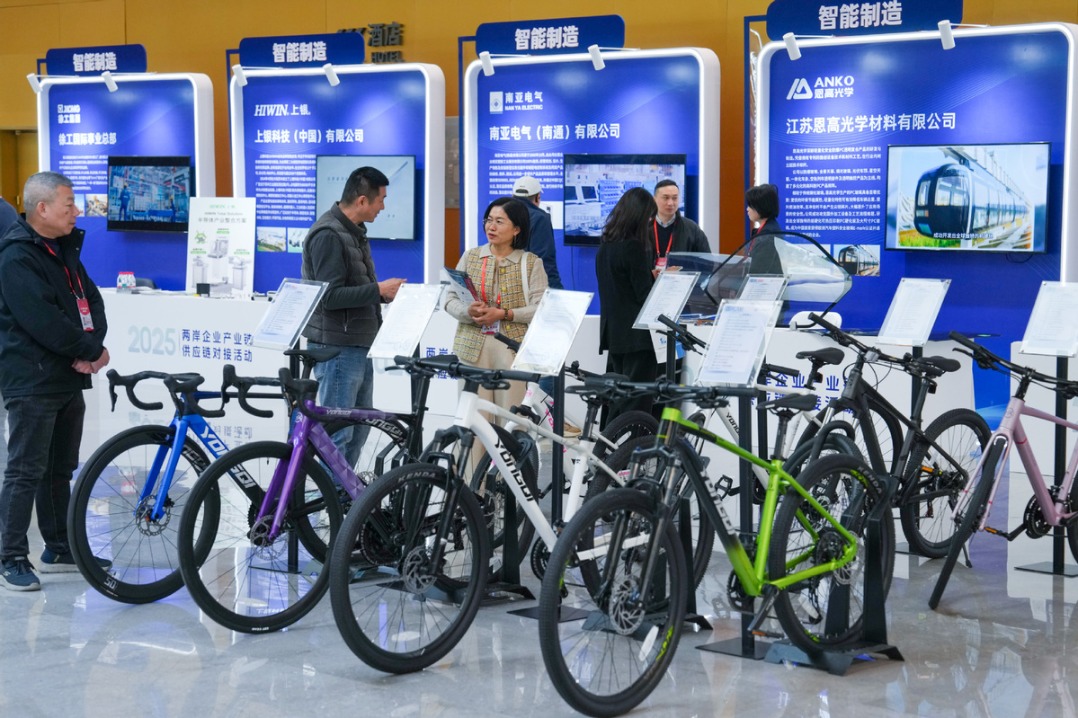Factory activity remains mostly robust in Feb
By XIN ZHIMING/ZHOU LANXU | China Daily | Updated: 2019-03-02 08:37

Domestic demand improves on policy measures, says Caixin/Markit survey
China's factory activity remained robust in February after the Caixin/Markit Manufacturing Purchasing Managers' Index rose to 49.9 from 48.3 in January, a three-month high indicating an easing of the downside growth pressures.
The reading stood below the neutral 50-mark that divides expansion from contraction, helped largely by improvements in domestic manufacturing, the private survey said on Friday.
"Domestic manufacturing demand has improved significantly, and foreign demand has not deteriorated as quickly as last year," said Zhong Zhengsheng, director of macroeconomic analysis at CEBM Group, a subsidiary of Caixin.
The subindex for new orders returned to expansionary territory in February after staying in the contraction zone for two months, while the gauge for new export orders rose to the second highest level since March 2018 despite slipping back into contraction territory following a rise the month before, Caixin said in a statement.
The manufacturing output subindex returned to positive territory, while that for employment dropped further, it said.
"Overall, with the early issuances of local governments' special-purpose bonds and targeted adjustments of monetary policy, the situation in the manufacturing sector recovered markedly in February due to the effect of increased infrastructure investment," said Zhong.
The Caixin PMI is a private survey that monitors smaller businesses that are sensitive to changes in the macroeconomic environment.
The official manufacturing PMI, which mainly tracks large firms, fell to 49.2 in February from 49.5 in January, marking the third straight month of activity contraction, according to data released by the National Bureau of Statistics on Thursday.
"The PMI reading was not satisfactory, reflecting the pessimistic and cautious sentiment of corporate managers," said Yang Weiyong, an associate professor at the University of International Business and Economics in Beijing.
The relatively low reading is attributable to the economic growth easing, especially the weakening of the real economy seen since last year, uncertainties from the Sino-US trade disputes and the seasonal disruption of activity during the Lunar New Year holidays in early February, Yang said.
If prospects about the China-US trade negotiations become clearer, corporate managers would become more confident in the economy, he added.
Yang suggested that China should continue to reduce tax levels and increase infrastructure investment in relatively less developed fields that can help promote long-term economic growth.
"Reckless large-scale infrastructure investment must be avoided to prevent pushing up the country's debt levels and policymakers must pay attention to fiscal expenditure sustainability," he said.
Yang said the core of the monetary and fiscal policy lies in boosting the vitality of the private economy, which is the main force of creating jobs and promoting technological advancement.
























